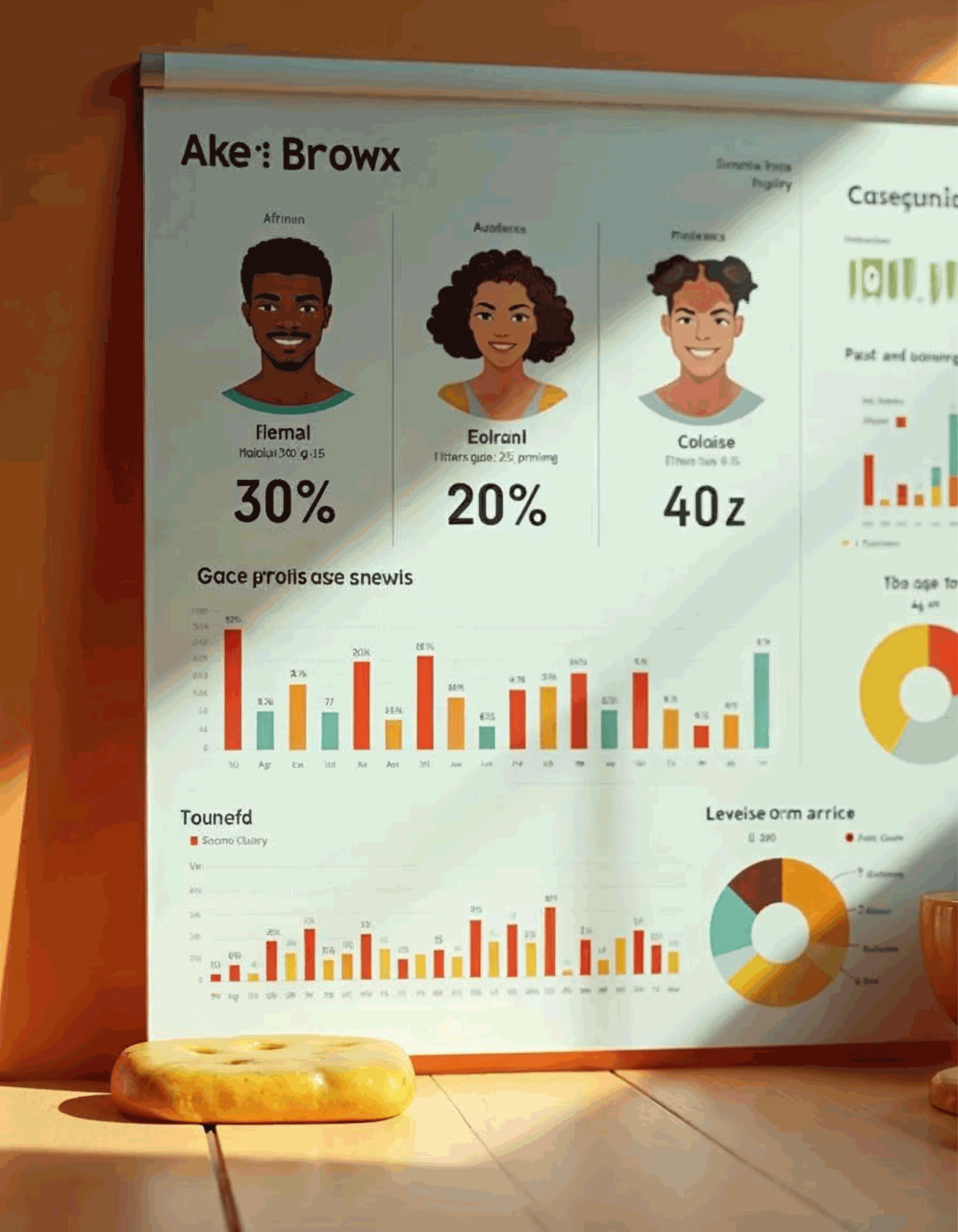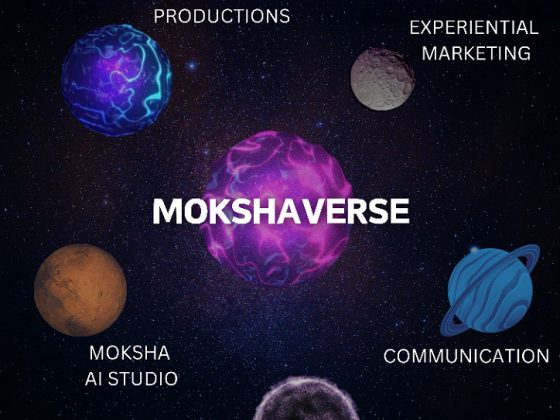
At the heart of programmatic advertising is its ability to leverage vast data, enabling FMCG companies to serve highly personalised ads. For example, by utilising demographic, geographic, behavioural, and even psychographic data, FMCG brands can segment audiences in previously unattainable ways. This type of granular targeting means that instead of casting a wide, costly net, brands can pinpoint consumers most likely to purchase their products—whether it’s targeting eco-conscious millennials for a new line of biodegradable packaging or health-conscious parents for a line of organic snacks.
One of the standout aspects of programmatic advertising in FMCG is real-time bidding (RTB), which allows advertisers to bid on ad space in real time as consumers engage with digital content. This automated process ensures that ads are delivered efficiently and cost-effectively. For instance, Nielsen’s 2022 report indicated that programmatic advertising has improved cost efficiency by 25%, enabling FMCG marketers to achieve better ROI without overspending on ineffective ad placements.
Hyper-targeted campaigns offer a competitive edge in FMCG, where consumer behaviour is highly varied and preferences shift rapidly. One study by eMarketer found that brands using programmatic targeting saw a 36% increase in consumer engagement compared to traditional digital advertising methods. This level of precision is critical in FMCG industries, where brand loyalty is often fleeting, and consumers are bombarded with choices. With programmatic, FMCG companies can anticipate and meet consumer needs in real-time—whether promoting a snack as soon as someone walks into a grocery store or showcasing a laundry detergent ad when a consumer is browsing household goods online.

A significant expectation from programmatic advertising is the level of personalisation it enables. Today’s consumers expect personalised experiences and tend to respond more positively to ads tailored to their interests or behaviours. According to a report by Adobe, 76% of consumers get frustrated when advertisements don’t seem relevant to them. Programmatic addresses this frustration by dynamically serving personalised ads, creating a seamless and engaging consumer journey from awareness to purchase.











